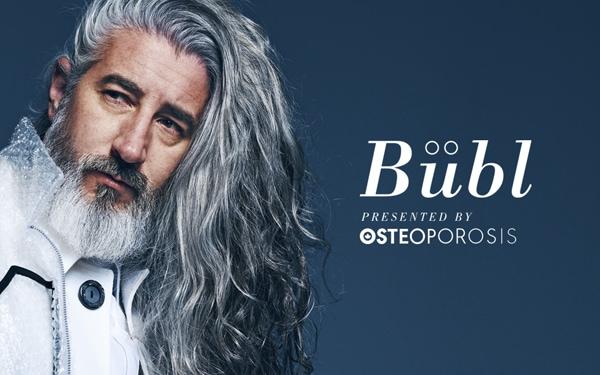

Calcium is Good – Are Calcium Supplements Bad?


Calcium is Good – Are Calcium Supplements Bad?
It is well known that calcium is a necessary nutrient because it plays an essential role in human health, not only for bone development but also for the heart, muscle and nerve functions. However, there have been some unsettling news reports this past week about a possible connection between excess calcium supplements and the risk of heart attacks. Some of us have been asking ourselves if it is time to reduce or even stop our calcium supplements. We therefore are happy to provide you with some information to help you get your calcium the best and healthiest way possible.
Osteoporosis Canada now recommends that everyone obtain their calcium through nutrition whenever possible. Even if you take excess calcium from your diet, that is not harmful. However, some individuals just can’t seem to get enough calcium in their diet. These persons may need to take a calcium supplement, but this should be discussed with a physician as calcium supplements can have some side effects and have been associated with some risks.
To know whether or not you need to take a calcium supplement, you really need to figure out how much calcium you are getting in your diet. Here is a very simple way to calculate this.
First, give yourself a baseline of 300 mg of calcium simply for eating anything at all. This is because there is a small amount of calcium in a variety of foods such as breads, muffins, oranges, etc. At the end of the day, even without eating any high calcium foods, you can’t help but get about 300 mg of calcium in your daily diet.
Now, add another 300 mg for any of the following high calcium foods:
- 1 cup (250 ml) of cow’s milk or goat’s milk (including whole milk, 2%, skim or chocolate milk)
- 1 cup (250 ml) of fortified soy, almond or rice beverage
- 1 cup (250 ml) of fortified (or calcium rich) orange juice
- ¾ cup of yogurt (175 ml)
- 2 slices of cheese
- one chunk of cheese (a 3 cm cube).
Three servings of any of the above will give you about 900 mg of calcium, and if you add the 300 mg of baseline calcium for eating anything at all, this will ensure the 1200 mg of calcium you need if you are over 50. Don’t forget to add in any calcium you might be getting from a multivitamin tablet.
If you are already getting close to the recommended amount of calcium for your age group, then you are doing great. Your body needs calcium and you are already getting the calcium you need from your diet.
Extra dietary calcium is not harmful. However, getting more calcium than you need from supplements can be harmful. Excess calcium from supplements has been associated with kidney stones, heart problems, prostate cancer, constipation and digestive problems. Do not take extra calcium from supplements if your diet is already giving you enough calcium.
If you are not getting or cannot get the recommended amount of calcium for your age group from your diet, or if you are not certain if your diet is giving you enough calcium, then you should discuss whether you need to take a low dose calcium supplement with your doctor. You should not just arbitrarily take a calcium supplement on your own.
Scientific Advisory Council
Osteoporosis Canada’s rapid response team, made up of members of the Scientific Advisory Council, creates position statements as news breaks regarding osteoporosis. The position statements are used to inform both the healthcare professional and the patient. The Scientific Advisory Council (SAC) is made up of experts in Osteoporosis and bone metabolism and is a volunteer membership.


